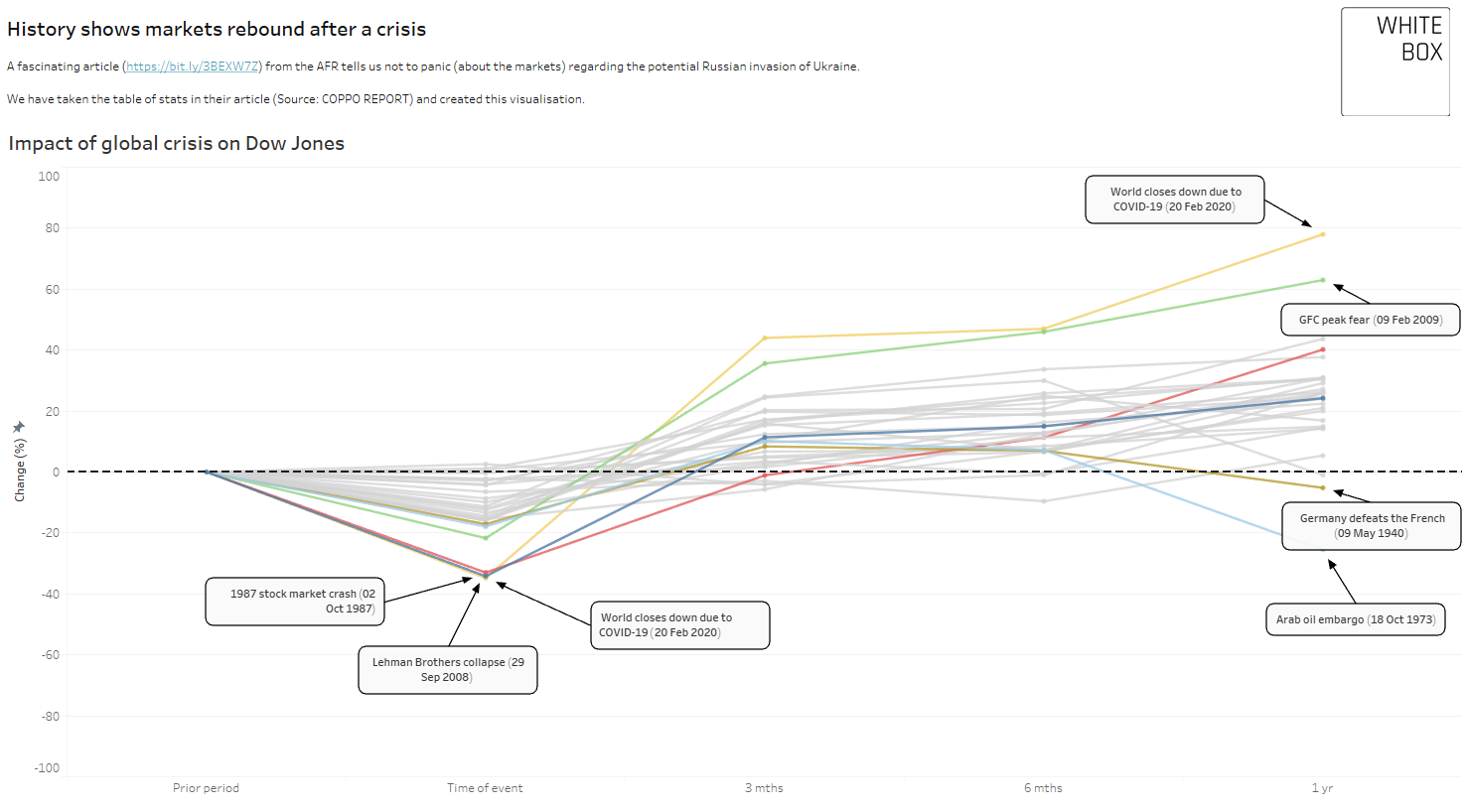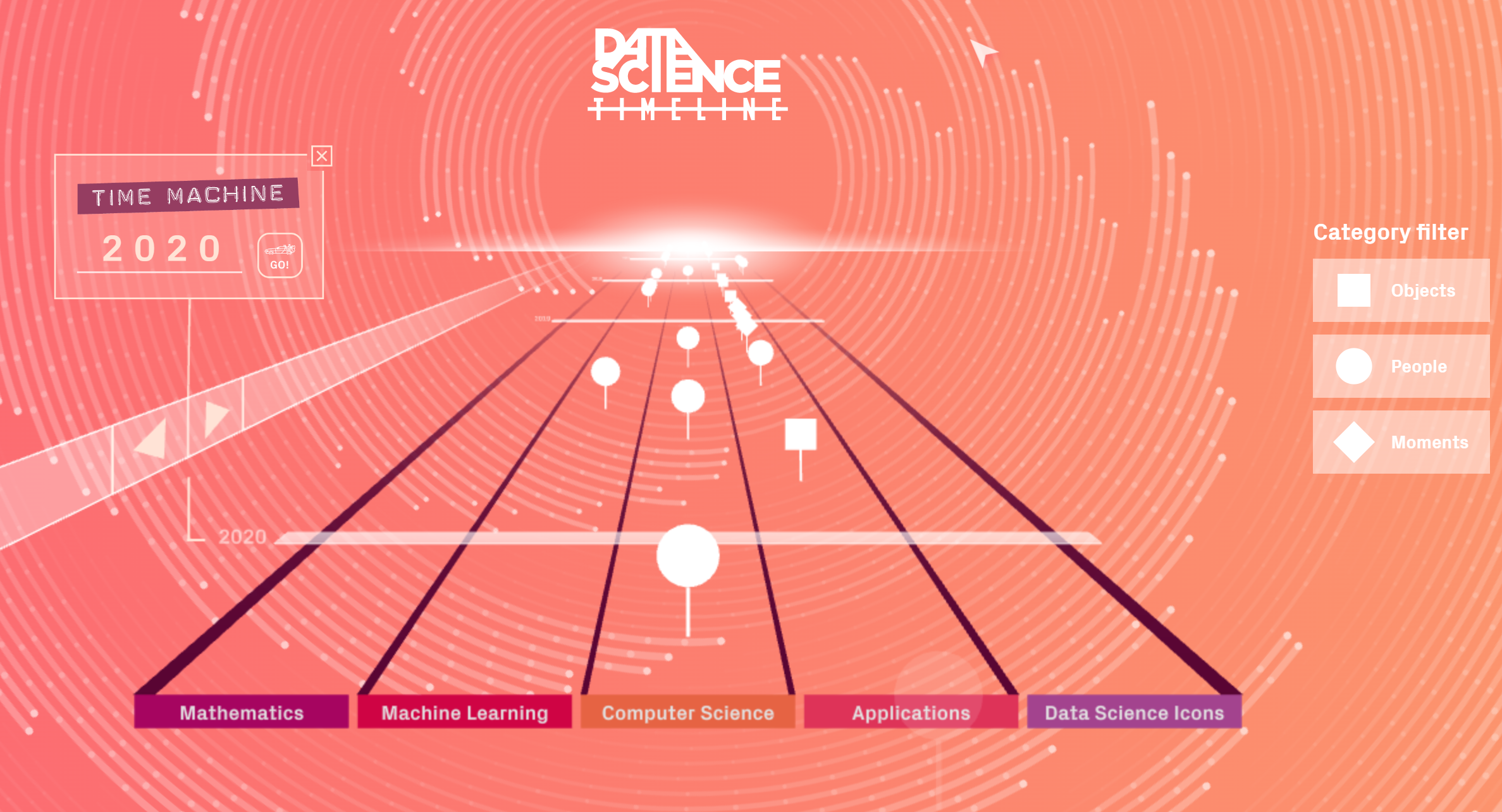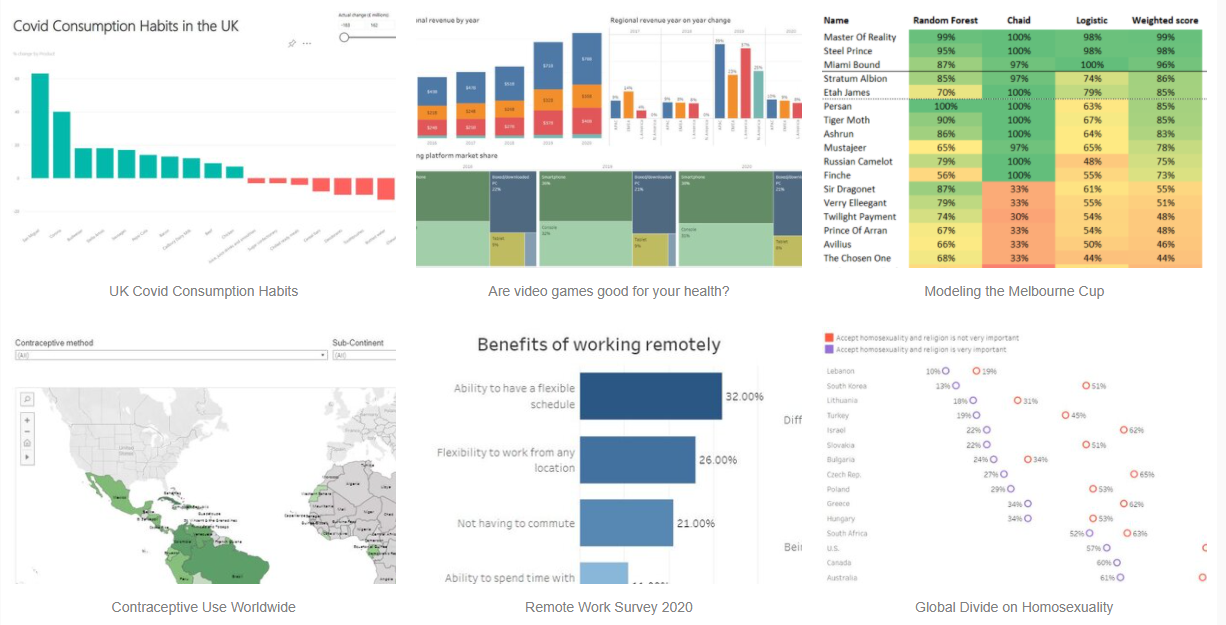Why is your digital identity no longer a secret?
"Over 2.5 quintillion bytes of data are created every single day, and it’s only going to grow from there. By the end of 2020, it’s estimated that 1.7MB of data will be created every second for every person on earth." ~ domo.com
It's also known for a fact that 90% of the world’s data has been created in the past 3 years. This is because, knowingly or unknowingly, we leave our digital footprint on the internet multiple times in multiple places/platforms per day, with a range of devices and interactions.
As of January 2019, the internet was being used by 56.1% of the world’s population, with more than half of the total users now generating data from the use of mobiles.
What is a digital footprint?
For starters, a digital footprint is a trail of data you create while using the internet. It includes information starting from the websites you visit, the ads you engage with in your search engine, the social media posts you interact with and so much more.
A passive digital footprint is a data trail you don’t intend to leave online but unknowingly do.
So, how does my digital footprint affect my identity?
Now we have established that every time we access the internet, we leave a digital footprint which speaks to our interests, preferences, dislikes, goals and future purchase intentions, just to name a few.
This information can be grouped with other known data points, and as we all know, can lead to specific ads and messages reaching you in innovative and timely ways which encourage us to take action. The use of our digital footprint like this can often be very useful; from things like additional ingredient recipes which are purchased with your favourite weekly takeaway order, to information about the latest software updates on your specific phone model.
Here at White Box Analytics, we have partnered with UniFida Australia, the customer data platform (CDP) for insight-driven marketers, to help businesses integrate their data into a single customer view in order to better meet the needs of their customers at the most appropriate times.
Despite the many positives gained from leaving a digital footprint, there are likely aspects of our lives we don’t want to share with the world, and it is therefore important to understand what we can do to reduce leaving trails with this type of information. Another strong feature of UniFida is that it was built in accordance with GDPR regulations, meaning clients using it can learn what data the business has on them, whether they’d like to deny permission to use some or all of that data, as well as update their communications preferences, all in one place.
Tips for securing your data and reducing digital footprint
1.Delete or Deactivate unused accounts
While you do that, you are also deleting the access to your personal information that you provide during your signup process.
2. Google Search your name to find linked accounts
It’s not easy to remember unused account names. Which is where Google is going to be our leaders to find linked accounts with your name and do something about it.
3. Change privacy settings
Cross-check your privacy settings of your online accounts, whether or not you're only showing information that you want to share with the trusted population.
4. Consider using alternative browser engines
Most suitable suggestion to get rid of trackers is duckduckgo.com where implicitly all the trackers are blocked to create a trusted search environment.
5. Try looking at VPN that matches your budget
There are a bunch of VPNs which add an extra layer of protection to your data. Where it helps lower the risk of companies backtracking on your data.
6. Mail the companies you think to have your data to remove
Every possible online account has a page for terms and conditions which also has information on how they collect our data, why they collect the data and how they are making use of it. Most of us agree to these terms without even considering reading them!
The website https://justdeleteme.xyz/ can inform you about how to delete your information from certain accounts, and also gives great insight into the terms you agreed to when you signed up.
7. Beware of cookies, browsing history and cache data
Google tracks every search you make and every other website you visit and tells the companies how to best target you. Clear your browsing history is not enough but clearing cache data eliminates the trackers from the websites used for tracking cookies.
A safer future?
With the introduction of laws and regulations, namely the GDPR in Europe, and more stringent conditions being imposed on large, staple tech companies we all know and use including Google and Facebook, the use of our data will likely become more and more ethical.
That being said, it is still important to know where our personal information resides, so we can make our own decisions about what people and businesses can use, and what remains personal.
A White Box Analytics specialty for clients is to create a Single Customer View. This means the all the data businesses have on a unique person can be collated in one place, and privacy preferences can be updated across all mediums and touch-points to ensure customers are in charge of their privacy, and not the other way around. Please get in contact for more information.











